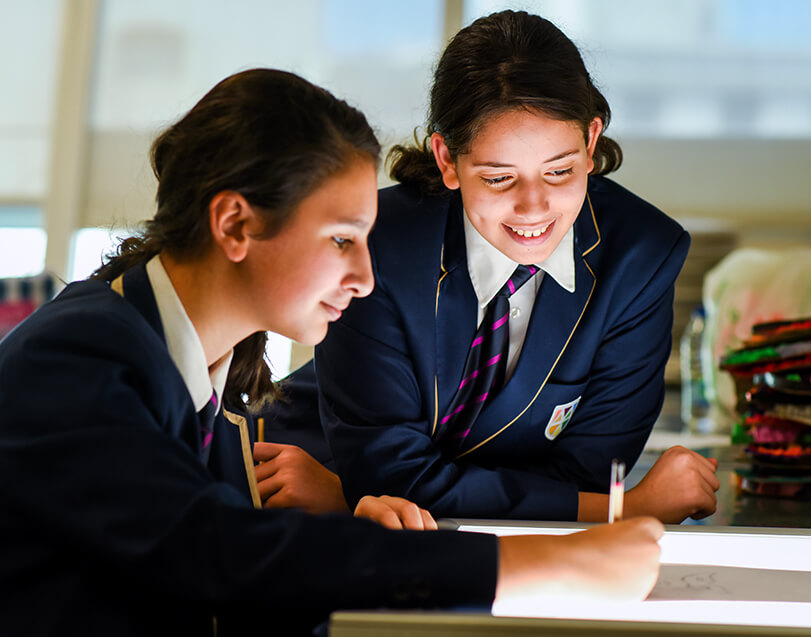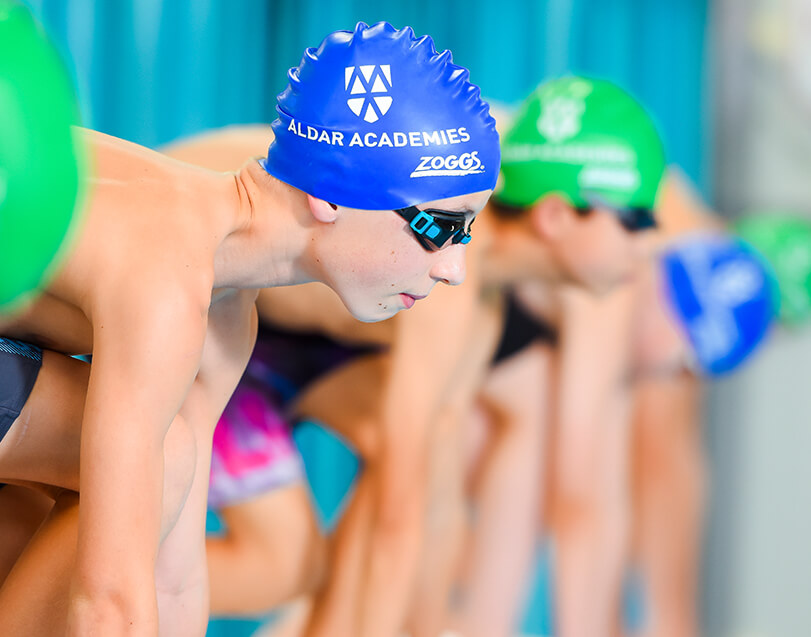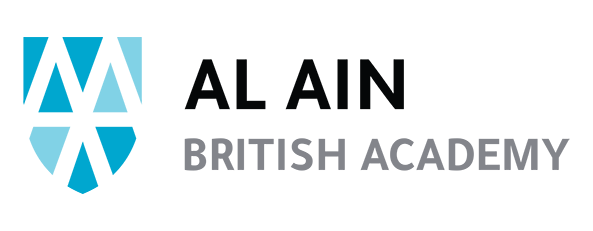The English National Curriculum
The English National Curriculum is among the most in-demand study options in the world, respected for its high academic standards and focus on developing confidence and individual thinking. The learning pathway is delivered through enquiry or ‘project-based learning’, a method of teaching which inspires a love of learning and deepens a student’s knowledge by challenging them to complete real-world tasks. In this way, the English National Curriculum is considered to be one of the most engaging of all.
The English National Curriculum defines two ‘key stages’; Key Stage 1 (Years 1 and 2) and Key Stage 2 (Years 3 to 6). The curriculum builds on the Early Years Foundation Stage curriculum offered in Foundation Stage 1 and 2 (3 to 5 year old). The National Curriculum Core subjects are: English, Mathematics and Science. Foundation subjects are Design and Technology; Information and Communication Technology; History; Geography; Modern Foreign Languages (Year 3 upwards); Music; Art and Design; Physical Education and Personal, Health and Social Development. Due to Ministry of Education regulations in the United Arab Emirates, Religious Education is not taught. Arabic, Islamic Studies and Social Studies are taught as per UAE Ministry of Education guidelines.
The curriculum gives a complete learning experience to the child. Children do not only learn in formal ‘lessons’ or in the activities prepared by the teachers. In Academies, significant emphasis is given to the attitudes and values promoted within each British school. Often referred to as “the hidden curriculum”, the development of our students’ personal, social, health and moral education is fundamental to supporting the growth of the ‘whole child’. The curriculum should not be seen wholly in terms of experiences, but also the acquisition of knowledge and skills we believe the children should acquire. It should also be thought as being equally concerned with personal qualities, behaviour, self-control, leadership and conduct.


In planning the curriculum and putting it into practice, Academies ensure that excellence is pursued and valued, that lessons are challenging and have pace and direction. Whether the children are taught individually, in groups or as part of a whole class, the teaching should meet the children’s individual needs. Certain experiences, knowledge and skills that we promote, are essential to the well-rounded development of every pupil and form the basis to future learning. On-going assessments take place in each year group, and in addition, at certain times of the year there will be more formal assessments, including benchmark/external tests in reading, mathematics and Arabic.
Each Academy has a whole school curriculum plan. This is based on the National Curriculum for England, adapted to a local context to meet UAE requirements. It serves as a framework for our teaching and learning and helps ensure consistency and continuity between classes and across year groups. The curriculum is delivered through a series of projects or topics, starting with key questions or stimuli and linking areas of interest, preferences and learning opportunities for children. The projects will vary in the length of time allocated but all will provide meaningful and engaging contexts for the acquisition of key skills and knowledge in the following key areas of the curriculum.
Students work towards the I/GCSE qualifications before progressing to A Levels or the International Baccalaureate Diploma Programme (IB DP) – two of the most rigorous, reliable and highly regarded study programmes in the world. The subjects taught include vocational options, which offer students a clear pathway to further education or their chosen career.
A Level and the IB DP, like I/GCSE qualifications, are recognised worldwide by leading universities, helping students gain access to their preferred university anywhere in the world.
